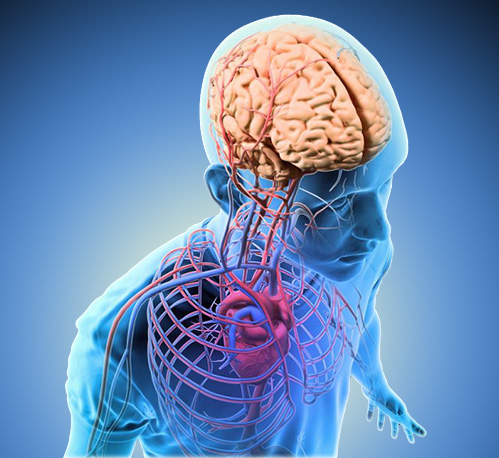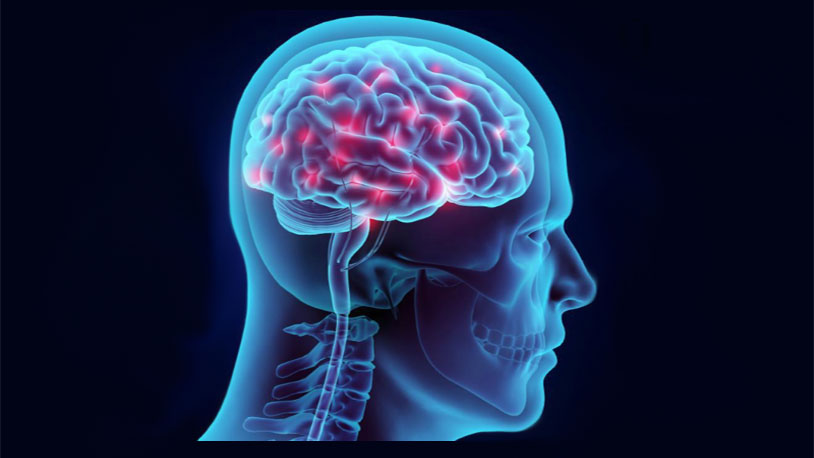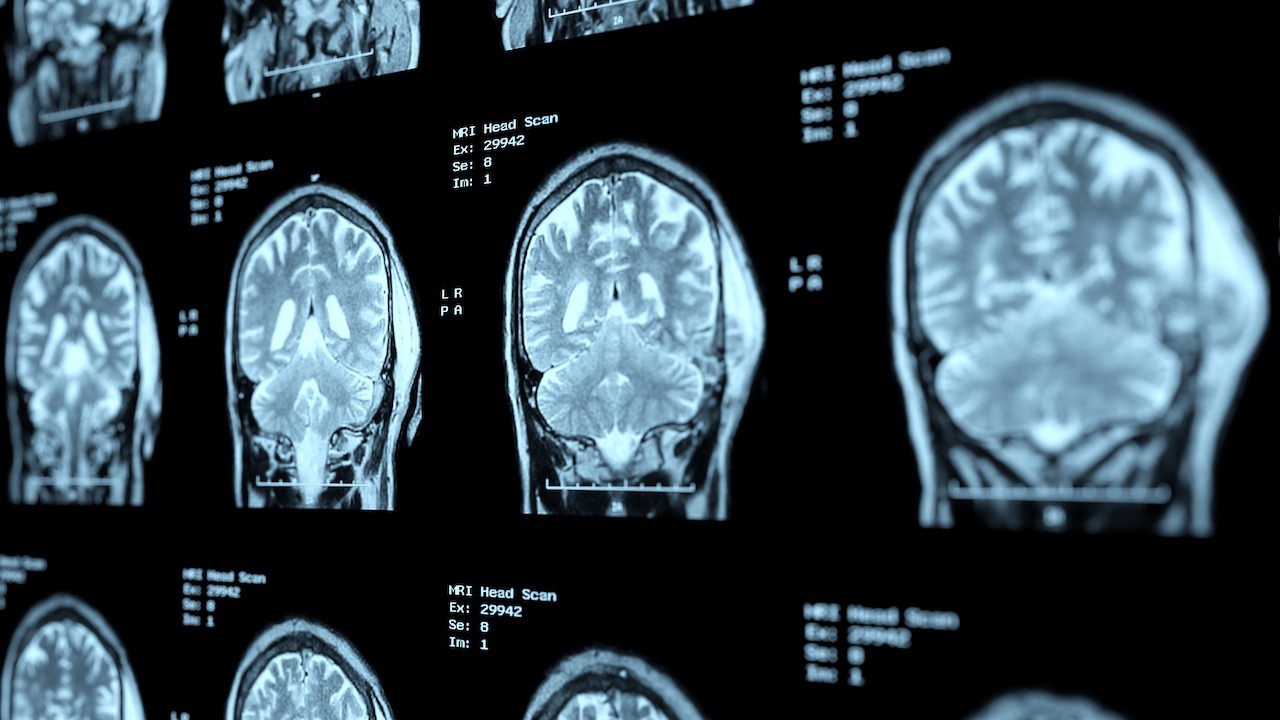Cognitive Impairment

A growing body of literature demonstrates that large artery stiffness is an independent predictor of cognitive decline and dementia—most likely due to its consequential effects on central blood pressure.
While the exact mechanism of action is not fully understood, findings from SPRINT MIND1 and other work2 has further implicated elevated blood pressure in cognitive decline.
The brain and the cardiovascular system are intimately intertwined, with the brain being responsible for more than 20% of the body's oxygen consumption. To meet this substantial metabolic demand, vascular resistance in the brain is low so that the required high degree of blood flow can be achieved. However, that same low vascular resistance limits the vessels’ ability to buffer blood pressure, exposing the brain’s microvasculature directly to central pressure pulsatility. That’s why it is critically important to quantify central blood pressure—not just brachial blood pressure—to protect against preventable damage to the brain.
This clinically meaningful difference between central and brachial cuff pressures was illustrated in a very important study3 published by researchers at Columbia University Medical Center. The study compared central vs brachial pressure in assessing brain disease in individuals over 55 years of age, finding that only central blood pressure was predictive of the degree of burden of white matter hyperintensities (WMH). WMH are most often the result of what’s termed incomplete infarction and are representative of small vessel disease. Importantly, WMH are associated with future and more rapid cognitive decline with age and are a predictor of dementia.
In an editorial4 accompanying the publication of this paper, Dr Kevin King of the Huntington Medical research Institute stated; “Determining that only central blood pressure assessments were linked with increased white matter hyperintensity burden may have important clinical implications for management of blood pressures among the elderly to promote healthy brain aging.”
Furthermore, multiple studies have linked elevated blood pressure, increased arterial stiffness, and cognitive decline and dementia. In a 2018 report5 in the Journal of Alzheimer's Disease Cui et al. followed 356 non-demented adults with a mean age of 78 for 15 years. Their results showed that higher baseline carotid-femoral pulse wave velocity (PWV) (the noninvasive gold standard measurement of aortic stiffness) but not brachial blood pressure was independently associated with the development of dementia during the follow-up period. Separately, also in 2018 Rouch et al.6 measured PWV in 375 adults with mild cognitive impairment and followed them for a mean of 4.5 years. Subjects in the highest quartile of PWV were more than 3.5 times more likely to progress to dementia compared to the subjects with the lowest PWV. Importantly other atherosclerotic vascular measures were not predictive of conversion in this study.
In a 2020 meta-analysis7 of 29 cross-sectional and 9 longitudinal studies confirmed a negative association between PWV and multiple cognitive domains. As a result of their findings Alvarez-Bueno et al. state, " Our results claim for the usefulness of pulse-wave velocity assessment in the identification of individuals at high risk of cognitive decline or early stages of cognitive decline, to implement interventions aimed at slowing the progression to dementia."Changes in large artery stiffness and central blood pressure can occur prior to the presentation of any clinical indication. Therefore, clinical assessment of central blood pressure and arterial stiffness may enable early identification of individuals at risk of unhealthy brain aging and individualized therapy which may enhance brain health—especially in older patients.
SphygmoCor® XCEL allows clinicians to assess all that and more.
Citations and References
2. Hughes D et al. Association of Blood Pressure Lowering With Incident Dementia or Cognitive Impairment: A Systematic Review and Meta-analysis. JAMA. 2020;323(19):1934-1944
3. Matsumoto K et al. Association Between Central Blood Pressure and Subclinical Cerebrovascular Disease in Older Adults. Hypertension. 2020;75(2):580-587
4. King KS. Improved Assessment of Hypertensive Related Brain Insults in Late Life Using Central Pulse Pressure. Hypertension. 2020;75(2):295-296
5. Cui C et al. Aortic Stiffness is Associated with Increased Risk of Incident Dementia in Older Adults. J Alzheimers Dis. 2018;66(1):297-306
6. Rouche L et al. Pulse Wave Velocity Is Associated With Greater Risk of Dementia in Mild Cognitive Impairment Patients. Hypertension. 2018;72(5):1109-1116
7. Alvarez-Bueno C et al. Arterial Stiffness and Cognition Among Adults: A Systematic Review and Meta-Analysis of Observational and Longitudinal Studies. J Am Heart Assoc. 2020 Mar 3;9(5):e014621



